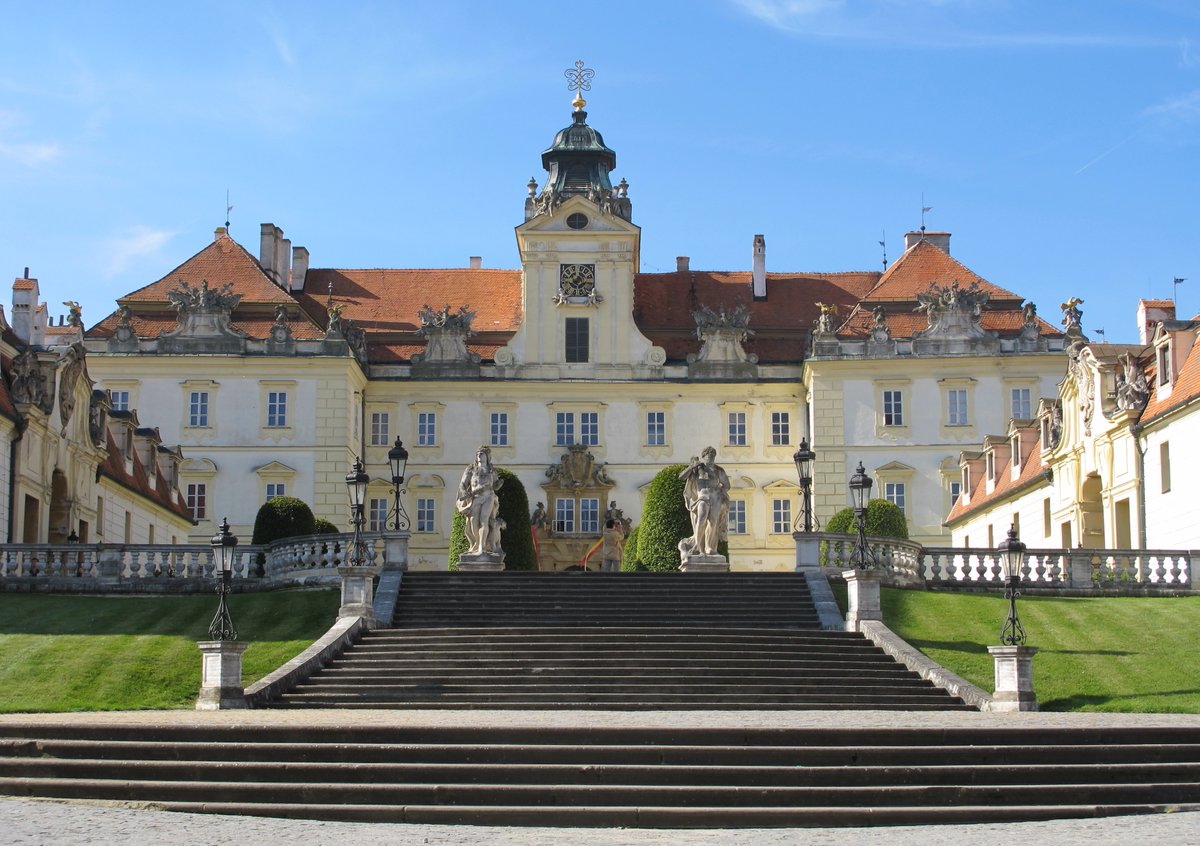
An Emperor whose choice of religion and weakness in face of invaders of the same religion led to the collapse of an Empire, but not his own.
Story in the evening ...
Story in the evening ...
https://twitter.com/Arby_K/status/1318014672637816833
Flavius Valens was born in 328 to an Illyrian soldier in Pannonia. Unlike his elder brother Valentinian who was an active Roman soldier, Valens was a virtual unknown, until his brother nominated him as his imperial colleague in the East in 364. 1/10 

Valentinian was a consensus choice, acclaimed as Augustus by the troops, when Jovian had suddenly died. Jovian had been Augustus for less than a year and was acclaimed by the troops when Julian died. His major reform was the re-adoption of Christianity as the state religion. 2/10 

Constantine had established Christianity as the state religion in 313, standardizing it in the Council of Nicaea in 325. Though Valens was a Christian, he did not follow the Nicene Creed, adopting his religion from the teachings of the outlawed priest Arius instead. 3/10 

When Constantine opened borders in 332 to allow Germanic tribes come in as labourers in an Empire depopulated by civil war, they and their counterparts north of the Rhine-Danube border adopted Christianity. But they followed the teachings of an Arian gothic priest, Wulfila. 4/10 

Fear of the Huns would push the entire Germanic horde south of the Danube border seeking asylum, to Valens. Eyeing an ally in his war against the Sassanid Persia, he let them resettle in Thrace. But as the horde vastly outnumbered their hosts, Valens had to meet them in war. 5/10 

The 378 Battle of Adrianople ended in a disastrous defeat for Valens, who would also die in battle. His imperial colleague in the west, Theodosius, would take over the rule in the East inviting the Germanic tribes into the Empire as foederati. 6/10 

Recognizing that the Arian faith of Valens caused distrust among the Roman populace, Theodosius, after another Council in 381 (in Constantinople this time), decreed the Nicene creed of Christianity to be the official religion of the Empire (as amended). 7/10 

The next century would see Germanic tribes carve out the Empire as client states of Rome. These nations continue even now. Franks, Vandals, Visigoths, Ostrogoths, Burgundians and Lombards were among the better known Germanic tribes that displaced the Western Empire. 8/10 

Though the Nicene creed would remain the official state religion, the Germanic tribes would remain mostly Arian as the Western Empire collapsed, slowly switching only in the sixth century. 9/10 

The Eastern Empire would largely escape the migration of the Germanic tribes. Though it would be displaced by their descendants between 1204-1261, the Empire in the East would last till 1453 when Constantinople fell to the Ottomans, almost 1,000 years after Valens was fell. 10/10 

• • •
Missing some Tweet in this thread? You can try to
force a refresh














